1. Program Philosophy
The University of Tokyo “World-leading Innovative Graduate Study Program in Proactive Environmental Studies” (WINGS-PES) is an integrated five-year master-doctoral program for brilliant Japanese and international students. It aims to accelerate the establishment of educational center for the development of “Environmental Knowledge Professionals.” In achieving this aim, WINGS-PES will take advantage of characteristics unique to the Graduate School of Frontier Sciences (GSFS), a multi-disciplinary unit of UOT situated in the Kashiwa Campus. Since its establishment, the GSFS has been engaged, through cooperation between different disciplines including liberal arts and sciences, in the formation of a new field of study, by matching and merging existing fields in a creative way. WINGS-PES also benefits from the location of the Campus, which is ideally suited for the promotion of educational and research exchange with world-leading research centers, including the University’s Affiliated Institutions as well as National Research and Development Agencies residing in Tsukuba.
2. Human Resources to Be Developed through WINGS-PES
WINGS-PES develops its students into “Environmental Knowledge Professionals” who can, while embracing the philosophy of sustainability science, show directions our society should move toward to face complex and multi-faceted challenges, by anticipating issues that may hinder the creation of sustainable global society by means of proactive approaches that utilize sophisticated data analysis and prediction technologies.
3. Program Details
In order to develop human resources with abilities described under “2. Human Resources to Be Developed through the Program” above, WINGS-PES provides a systematic curriculum in which students can learn the following, in addition to a high level of disciplinary expertise that can be acquired in existing fields of study: 1) proactive approaches employing prediction technologies that apply advanced data analysis, simulation, etc.; 2) sustainability-related concepts and a wide range of methodologies; 3) leadership to solve issues; and 4) scholastic opportunities for international communication. In addition, WINGS-PES provides each student with a co-supervisor, who is selected from an academic discipline different from that of the main supervisor. This is in the aim of enhancing and strengthening WINGS-PES’s study guidance system designed to teach transdisciplinary research methods and develop students’ ability to obtain insights.
Specifically, the following four elements are incorporated into the systematic educational curriculum:
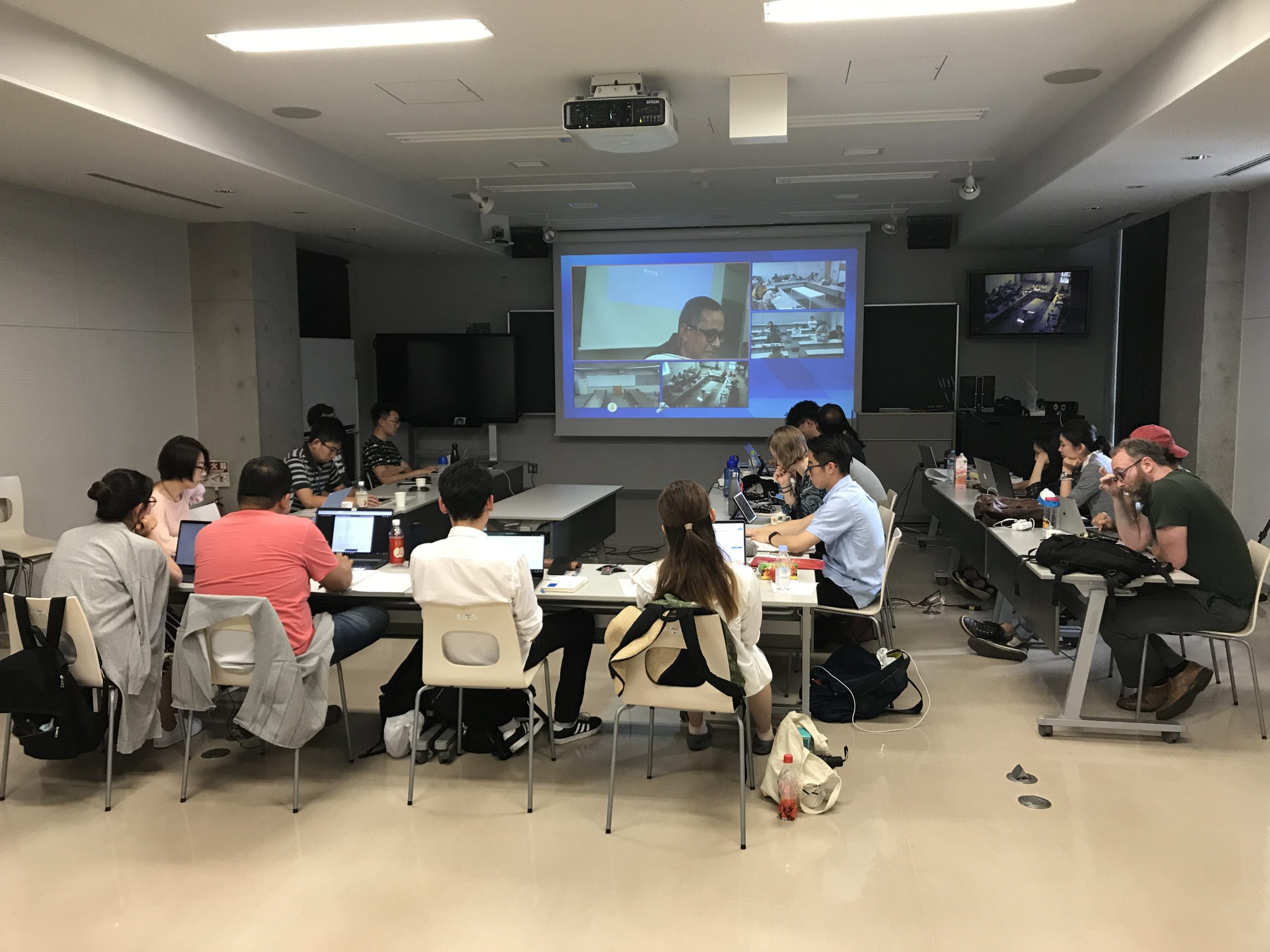
Lectures to learn the concept and methodology of sustainability science as a basis for considering the sustainability of global community and understand the concept of “sustainability,” of which importance has been stressed in the global society, in relation to a student’s own research theme. In addition to the above, the Program offers practicum placements designed to develop human resources who can lead the sustainability science from both academic and practical aspects, by allowing students who have expertise in different areas to gain a practical experience in working together on common subjects related to sustainability.
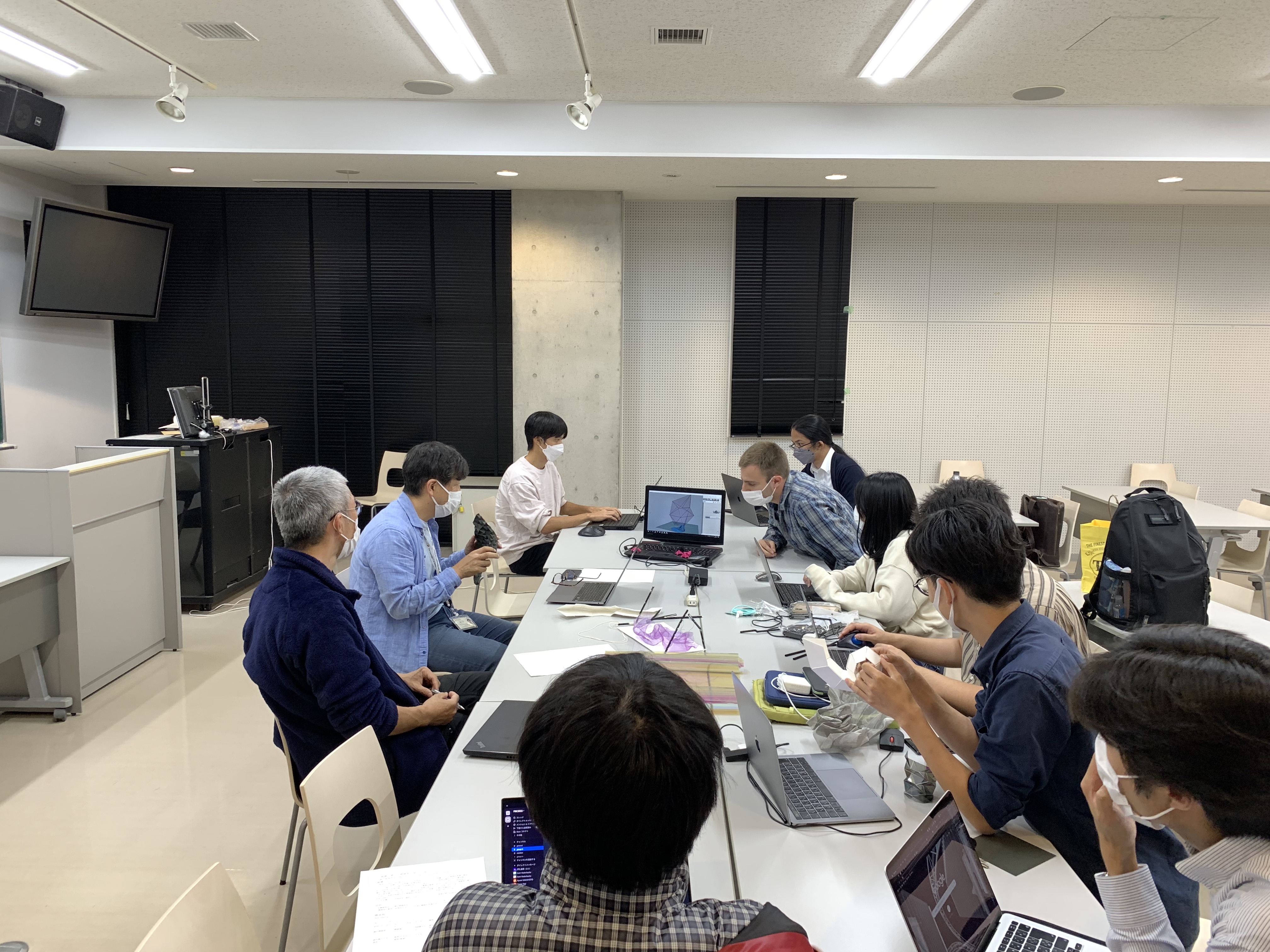
Lectures to understand the proactive approach through hands-on experience in researches being undertaken by the GSFS (e.g. advanced data analysis, big data utilization, smart sensing, and simulation-based prediction technologies), as well as through the learning of transdisciplinary themes and know-how. In addition to the above, the Program offers practicum placements designed to develop unique research approaches by, in collaboration with the Design-Led X Platform (Institute of Industrial Science), etc., producing ideas about applications towards research and development as well as by projecting and resolving potential social issues through discussions and presentations of research results
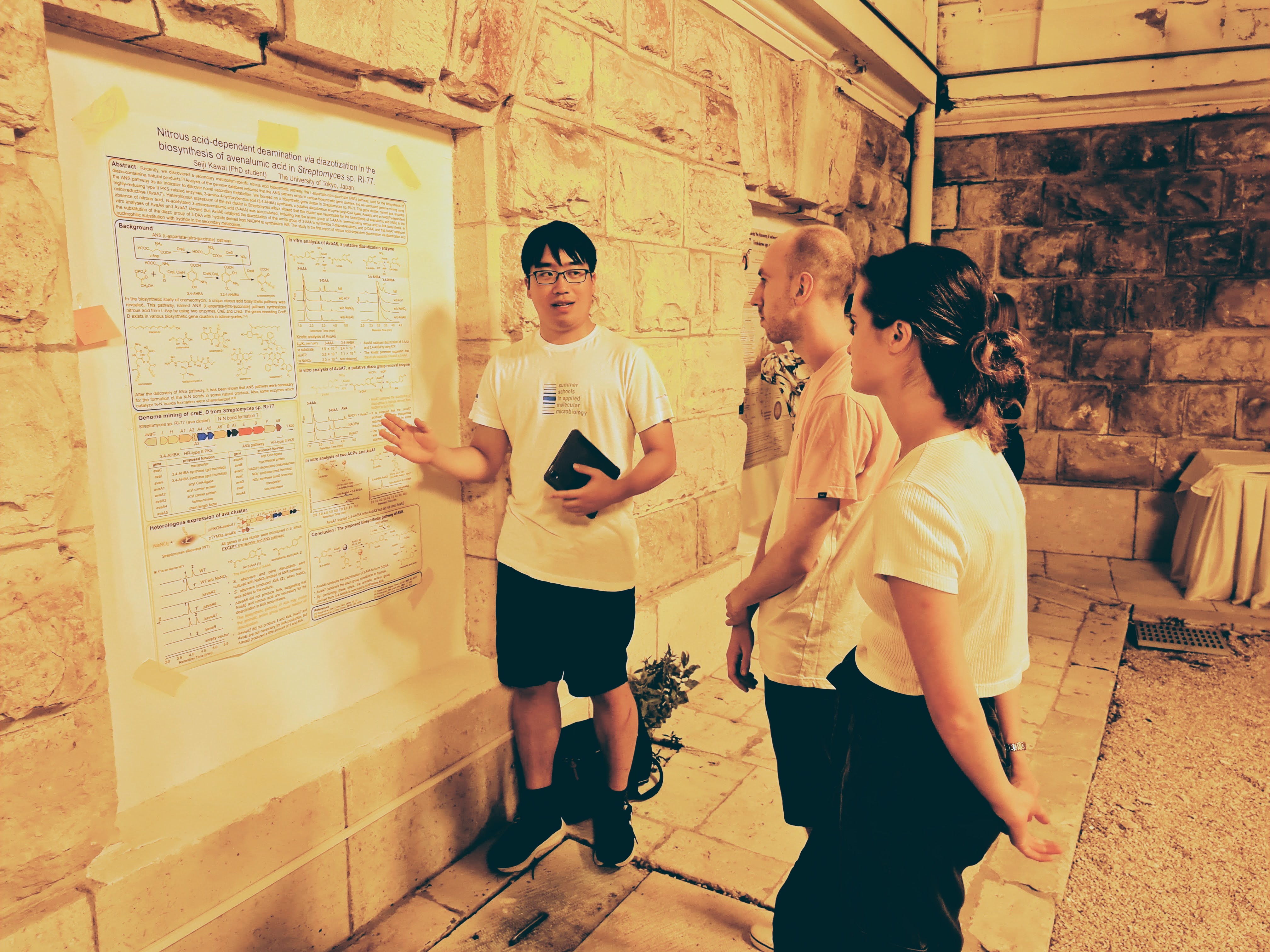
A group of practicum classes that benefit from the Program being an integrated five-year program and provide long-term (approximately 3 months) internship opportunities and on-site practices. For instance, the Program offers practical works to learn about advanced analytical research techniques at research laboratories in the Kashiwa Campus (I and II) and research institutes in Tsukuba, as well as about how to take a leadership role through opportunities in which students work together with local collaborative organizations and play a central part in solving social and industrial real-world issues.
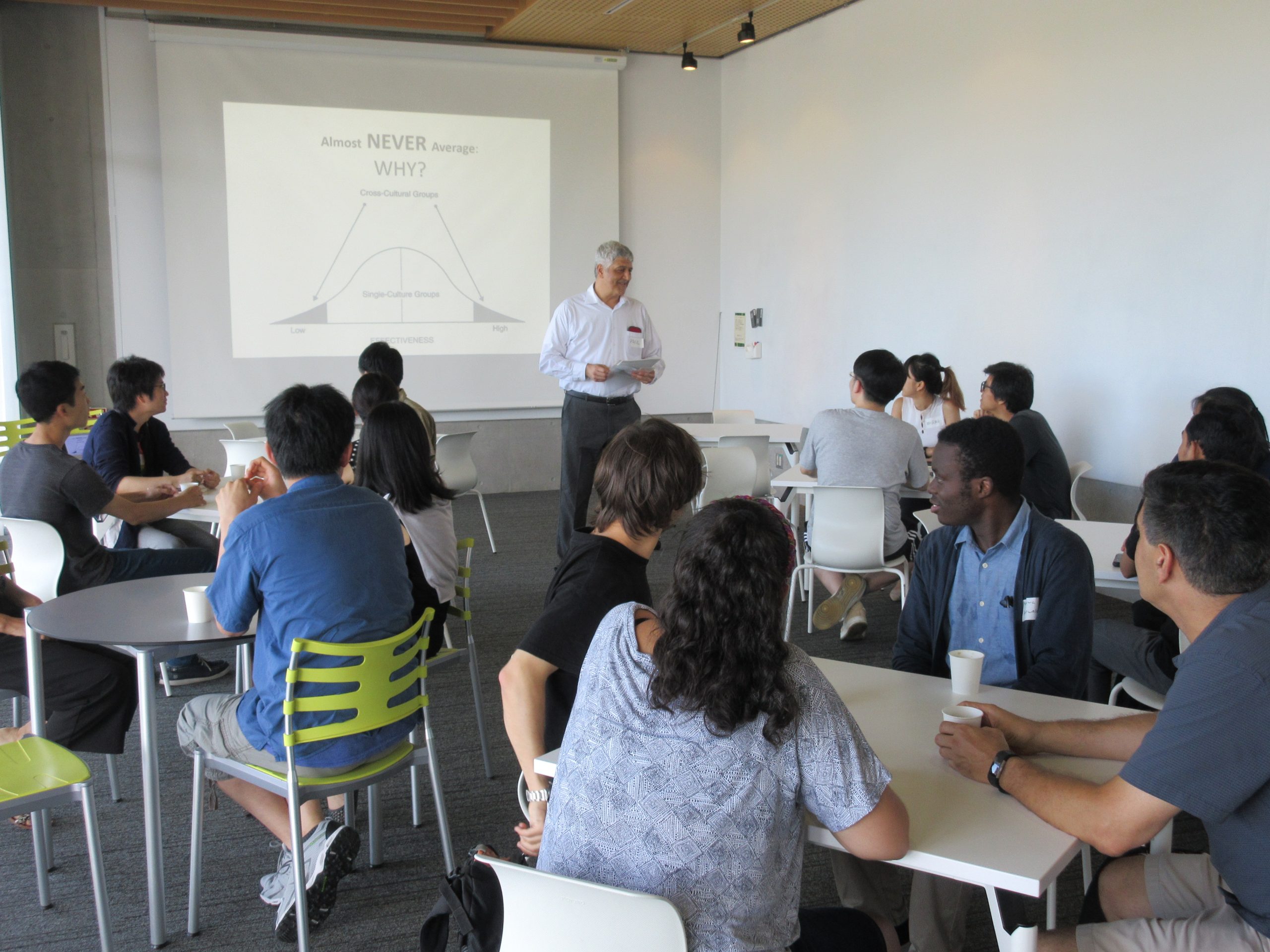
Courses to acquire language proficiency through critical thinking lectures taught by foreign faculty members in an early stage of the master’s program, classes on how to write academic papers in English, and experiences in which students provide their foreign counterparts with guidance in English about their research fields.
In addition to the above, students are required to participate in the “Takuetsu Salon (Salon of Excellence).” This salon is a transdisciplinary research community for master’s and doctoral students as well as researchers and faculty which is designed in such a way that program students are able to know state-of-the-art research through communication among the participants, while creating an environment where students use friendly competition to motivate and inspire each other. Program students are expected to proactively lead the organization of the salon.
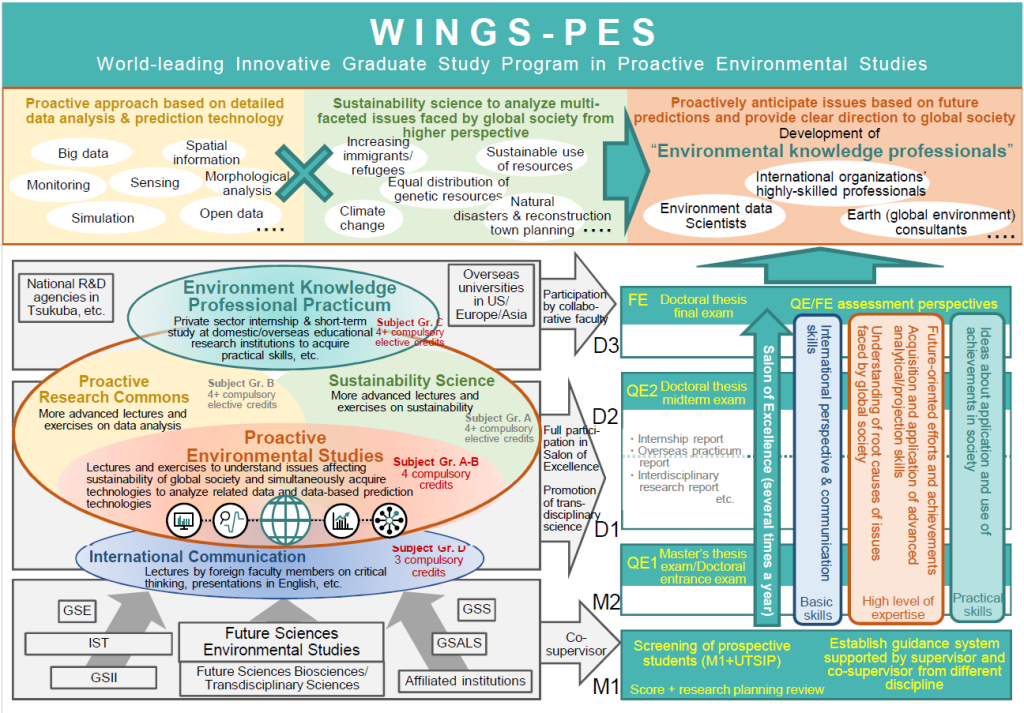
WINGS-PES Logo Mark

In AY2022, WINGS-PES chose its program logo mark while renewing its program website. The logo was selected by soliciting concept designs from a diverse group of students at the Graduate School of Frontier Sciences, and WINGS-PES students voted on the proposals.
The logo’s cube shape, formed by the letters PES, signifies the program’s ability to tackle social issues from multiple viewpoints. The gold and blue colors match those of the Graduate School, indicating the program’s commitment to interdisciplinary research. The gold “P” with wings represents the program’s vision for students to become environmental knowledge professionals who can foresee future challenges and suggest proactive solutions for society.
